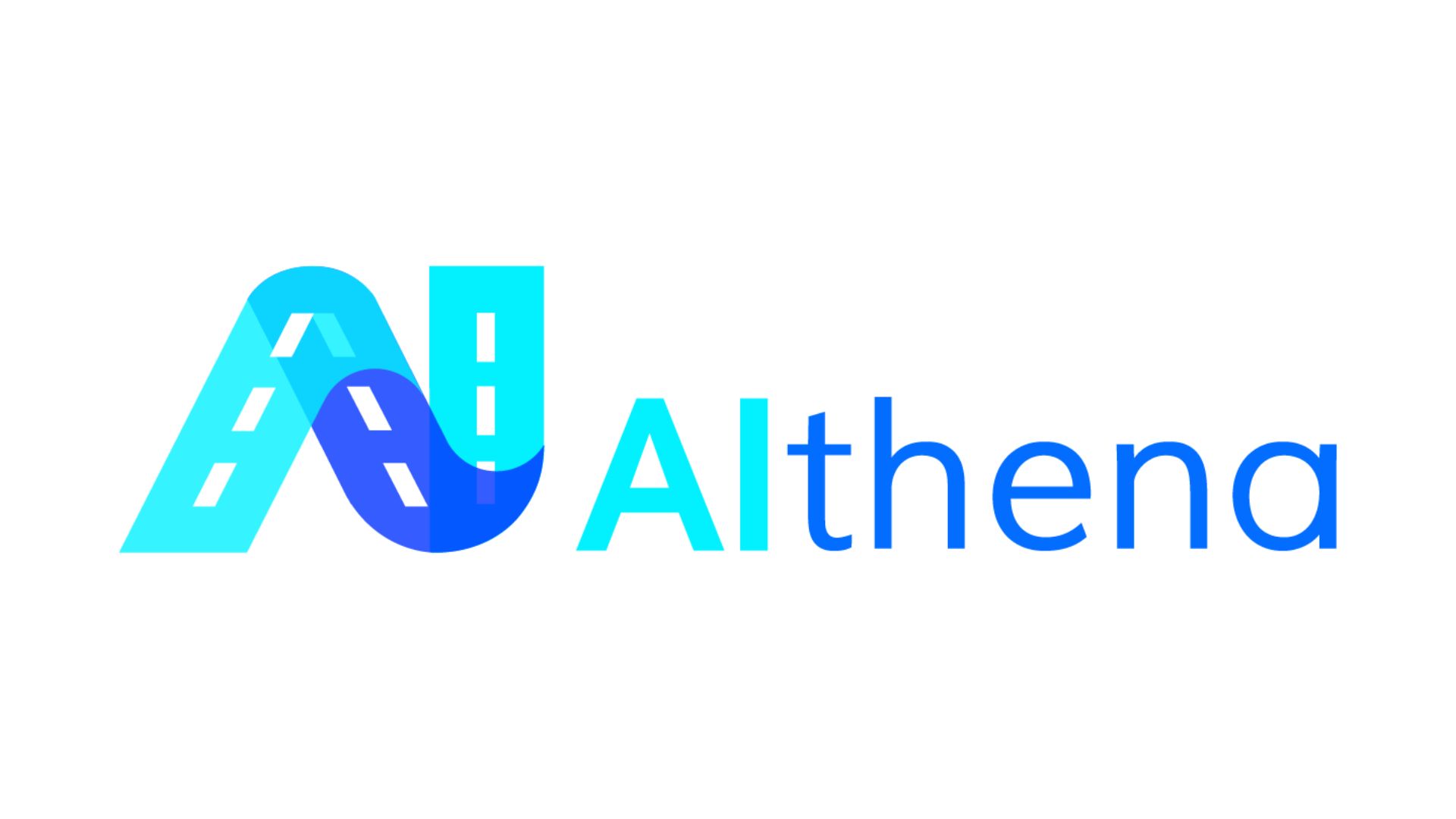New DCAS regulation adopted by UNECE

There is an excellent news for road safety and vehicle innovation: a new United Nations Regulation on Driver Control Assistance Systems (DCAS). It was adopted by the United Nations Economic Commission for Europe (UNECE) World Forum for the Harmonization of Vehicle Regulations (WP.29) last March 2024, and it entered into force at the end of September. This Regulation ensures improved safety and performance for driver assistance systems.
The Regulation defines DCAS as systems that assist the driver in controlling the longitudinal and lateral motion of the vehicle on a sustained basis while not taking over the entire driving task. DCAS are categorised as Automated Driving Systems corresponding to SAE Level 2. This means that while using such systems, the driver retains responsibility for the control of the vehicle and must, therefore, permanently monitor the surroundings as well as the vehicle/system’s performance to be able to intervene if needed.
The Regulation specifies DCAS’ safety and performance requirements. Effective warning strategies are mandated if a lack of driver engagement is detected to ensure that drivers remain available and engaged.
To address drivers’ potential overreliance on some assistance systems, vehicle manufacturers must proactively communicate to users via all available means, including online, in advertising and at dealerships when purchasing a vehicle, about the limitations of DCAS and drivers’ responsibility when using the systems.
Adopting the Regulation enhances safety, unlocks innovation to develop next-generation assistance technologies and helps to harmonise standards that support European manufacturers in reaching global markets efficiently.
Read the original UNECE press release.

